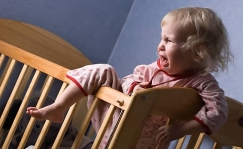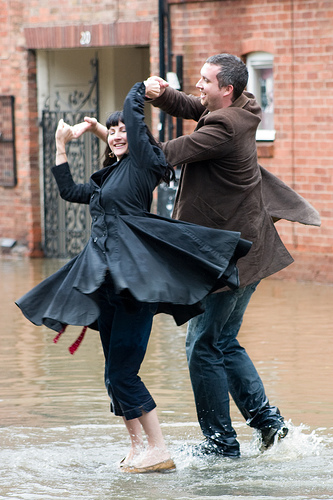Dance often
……A major study added to the growing evidence that stimulating one’s mind by dancing can ward off Alzheimer’s disease and other dementia, much as physical exercise can keep the body fit. Dancing also increases cognitive acuity at all ages.
The 21-year study of senior citizens, 75 and older, was led by the Albert Einstein College of Medicine in New York City, funded by the National Institute on Aging, and published in the New England Journal of Medicine. Their method for objectively measuring mental acuity in aging was to monitor rates of dementia, including Alzheimer’s disease.
The study wanted to see if any physical or cognitive recreational activities influenced mental acuity. They discovered that some activities had a significant beneficial effect. Other activities had none.
They studied cognitive activities such as reading books, writing for pleasure, doing crossword puzzles, playing cards and playing musical instruments. And they studied physical activities like playing tennis or golf, swimming, bicycling, dancing, walking for exercise and doing housework.
One of the surprises of the study was that almost none of the physical activities appeared to offer any protection against dementia. There can be cardiovascular benefits of course, but the focus of this study was the mind.
There was one important exception: the only physical activity to offer protection against dementia was frequent dancing.
Reading – 35% reduced risk of dementia
Bicycling and swimming – 0%
Doing crossword puzzles at least four days a week – 47%
Playing golf – 0%
Dancing frequently – 76%. That was the greatest risk reduction of any activity studied, cognitive or physical. read more
ᔥ Use it or lose it …Dancing makes you smarter



